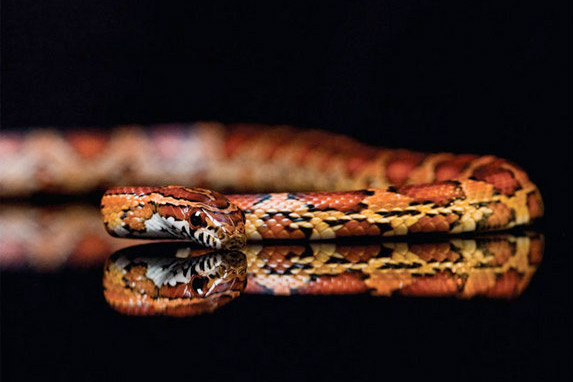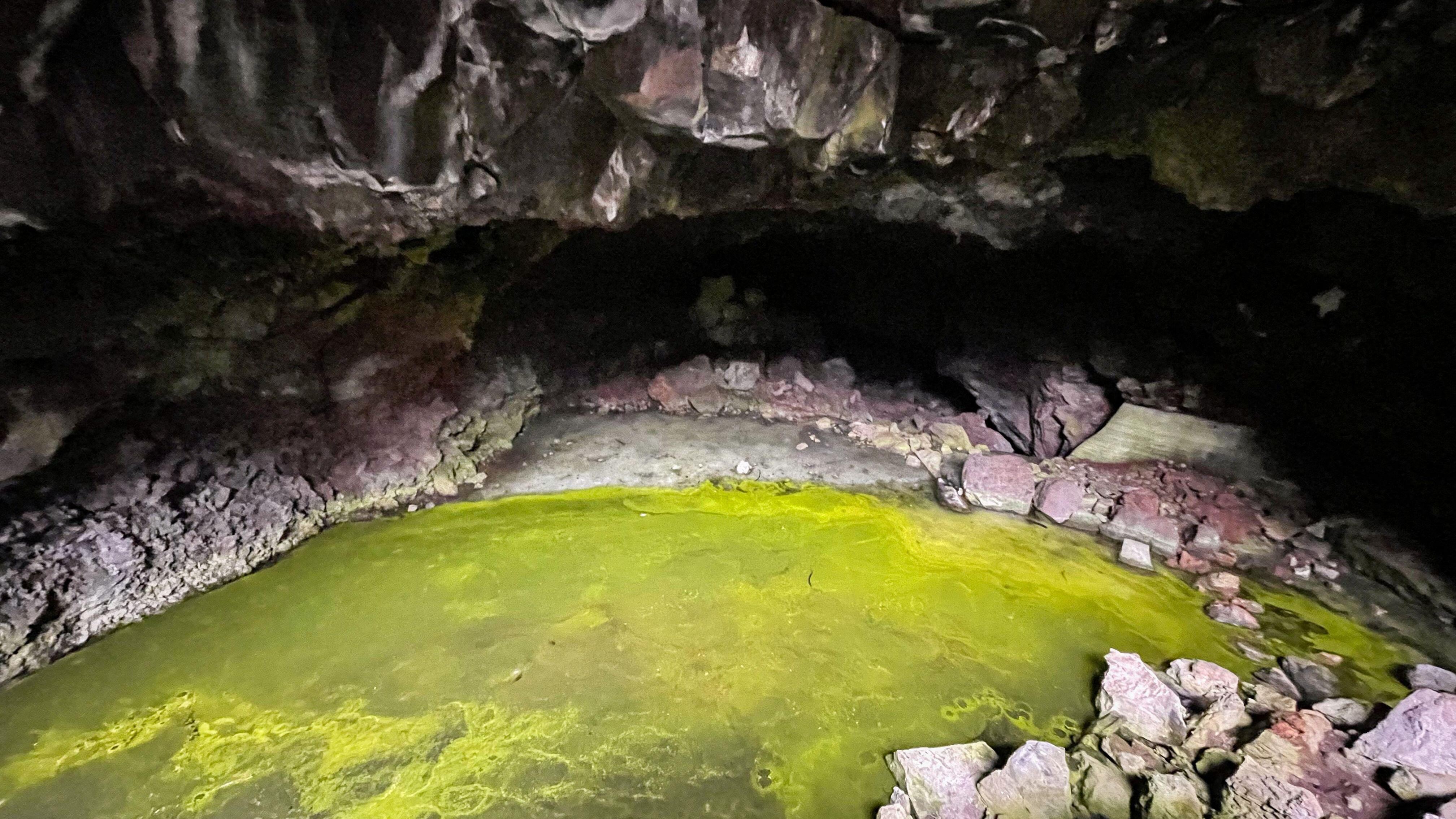Goodness, Snakes! Tummy Bugs Pose Danger to Reptiles

Get the world’s most fascinating discoveries delivered straight to your inbox.
You are now subscribed
Your newsletter sign-up was successful
Want to add more newsletters?

Delivered Daily
Daily Newsletter
Sign up for the latest discoveries, groundbreaking research and fascinating breakthroughs that impact you and the wider world direct to your inbox.

Once a week
Life's Little Mysteries
Feed your curiosity with an exclusive mystery every week, solved with science and delivered direct to your inbox before it's seen anywhere else.

Once a week
How It Works
Sign up to our free science & technology newsletter for your weekly fix of fascinating articles, quick quizzes, amazing images, and more

Delivered daily
Space.com Newsletter
Breaking space news, the latest updates on rocket launches, skywatching events and more!

Once a month
Watch This Space
Sign up to our monthly entertainment newsletter to keep up with all our coverage of the latest sci-fi and space movies, tv shows, games and books.

Once a week
Night Sky This Week
Discover this week's must-see night sky events, moon phases, and stunning astrophotos. Sign up for our skywatching newsletter and explore the universe with us!
Join the club
Get full access to premium articles, exclusive features and a growing list of member rewards.
Snakes get stomachaches, and lizards get sick to their gizzards. Veterinarians know such reptile indigestion can be more than an annoyance, signaling a potentially fatal parasitic infection.
Diagnosing this indigestion-causing infection can be difficult, but now researchers have developed a specific test for the parasites and used it to study samples from a variety of snakes and lizards. Their results suggest the tummy bugs are more widespread than expected.
So, how do you know if your reptile has a gut bug? Symptoms depend on the species of parasite, which can infect the stomach or intestines, but in general include a thickening of the animal's midbody, regurgitation of food a few days after eating or weight loss, anorexia, lethargy and diarrhea, according to Barbara Richter, a study researcher with the University of Veterinary Medicine Vienna in Austria.
The single-celled creatures responsible are species in the genus Cryptosporidia, and their spores show up in a reptile's droppings. But other types of these parasites also infect a wide variety of other animals —including humans with compromised immune systems — so even if Cryptosporidia shows up in the droppings, it may have come from a reptile's meal, rather than an infection. [Album: World's Deadliest Animals ]
By using a more specific DNA analysis than typically used, Richter and colleagues were able to distinguish between species of Cryptospordia spores found in 672 samples of droppings and stomach contents submitted by pet owners and veterinarians.
Among the animals sampled most frequently — corn snakes and leopard geckos — the infection was more widespread than expected. It appeared in 16 percent of corn snake samples and 7 percent of leopard gecko samples.
"What was more surprising to me was the diversity of Cryptosporidium species," Richter wrote in an email to LiveScience, adding that they were also surprised to find that corn snakes were only infected by the intestinal parasite but not the stomach parasite, which is believed to be more common in snakes.
Get the world’s most fascinating discoveries delivered straight to your inbox.
The research was published in the May issue of the journal of Veterinary Diagnostic Investigation.
You can follow LiveScience writer Wynne Parry on Twitter @Wynne_Parry. Follow LiveScience for the latest in science news and discoveries on Twitter @livescience and on Facebook.
 Live Science Plus
Live Science Plus











